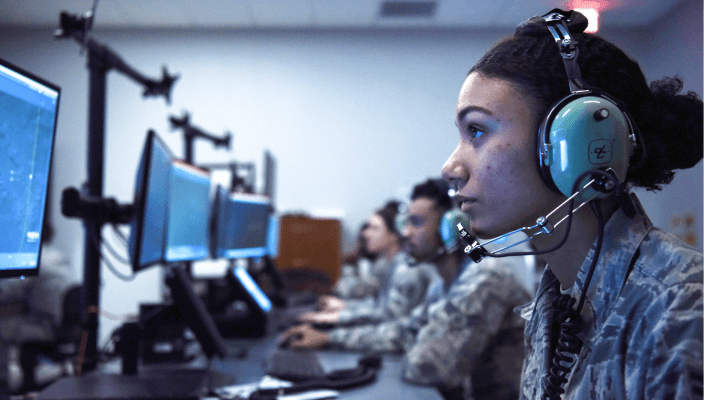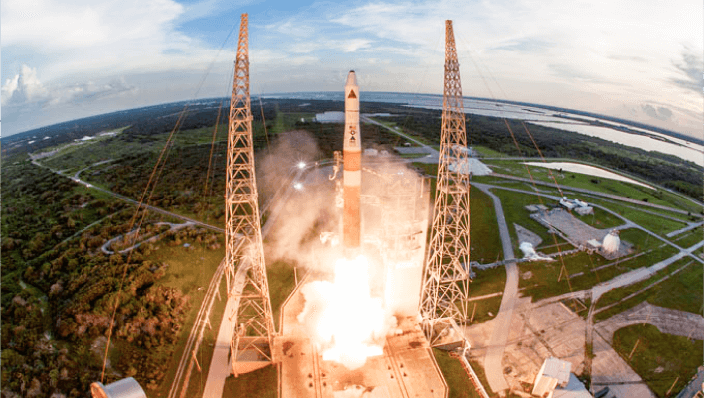Why Ukraine Needs F-16s
Wall Street Journal | David A. Deptula and Evelyn N. Farkas | February 24, 2023
Wall Street Journal | David A. Deptula and Evelyn N. Farkas | February 24, 2023
Air Command and Staff College | February 24, 2023
John “Slick” Baum talks to Col Russ “Bones” Cook, 23rd Wing Commander of Air Force Rescue at Moody AFB; Lt Col Patrick “TISL” Parrish, National Defense Fellow at the Congressional Research Service and long-time A-10 pilot; and Michael “Mongo” Kingry, Air Force Fellow at the Mitchell Institute, about the challenges facing the USAF’s Combat Search and Rescue (CSAR) mission as it looks to adapt to changing global threats.
Air & Space Forces Magazine | Caitlin Lee | February 16, 2023
The Hill | February 15, 2023

Empowering actors at all levels with a smart set of options at the right time and place demands procuring the most effective, efficient, and resilient set of tools.

Resource investment must prioritize investments that will yield best value for the Air Force, Space Force, and national security establishment as a whole.

Strategic deterrence is the bedrock of the national security enterprise thanks to the virtues and value of the triad.

National security space activities are essential facets of any military operation, while also creating conditions essential for the civilian economy.

Meeting national security requirements today and tomorrow requires insightful, creative approaches that prioritize America’s strengths, while not projecting undue vulnerability.